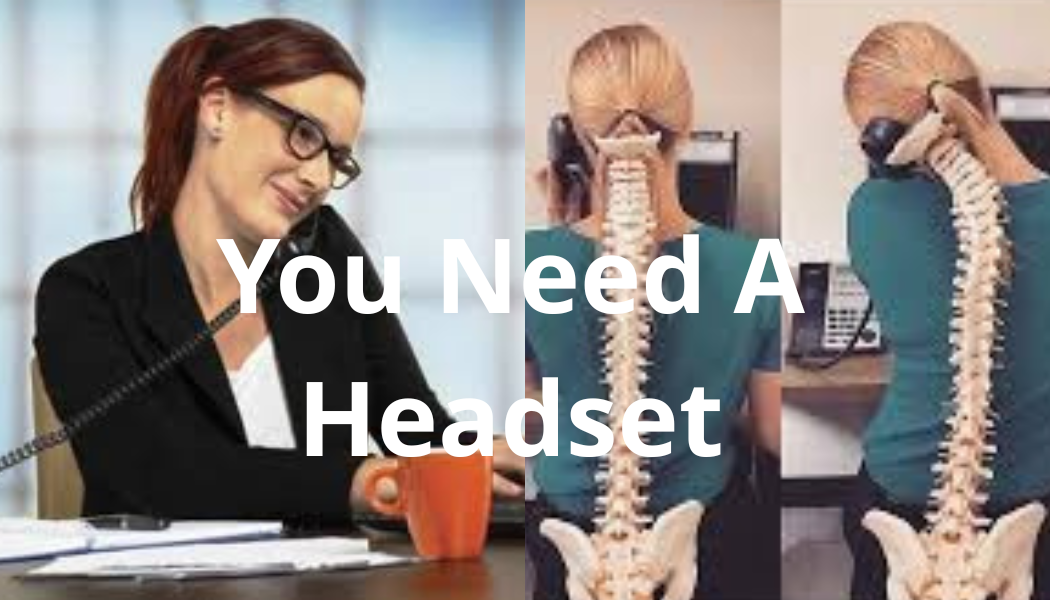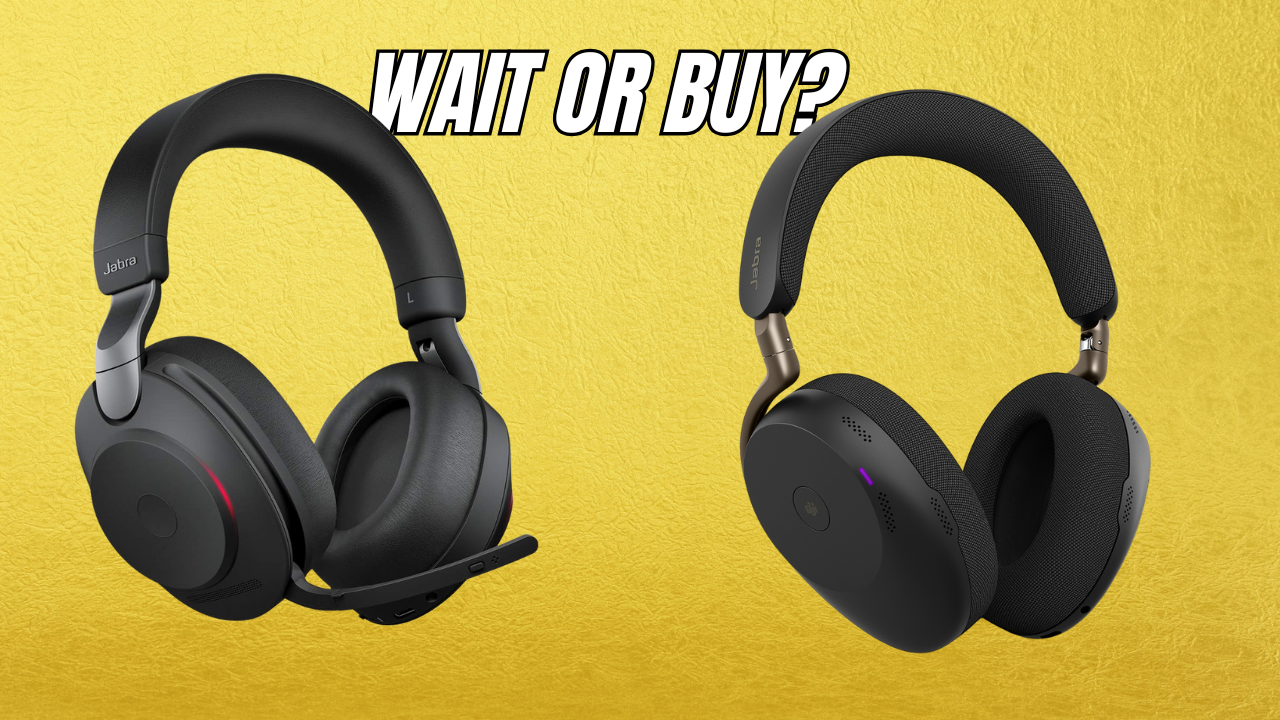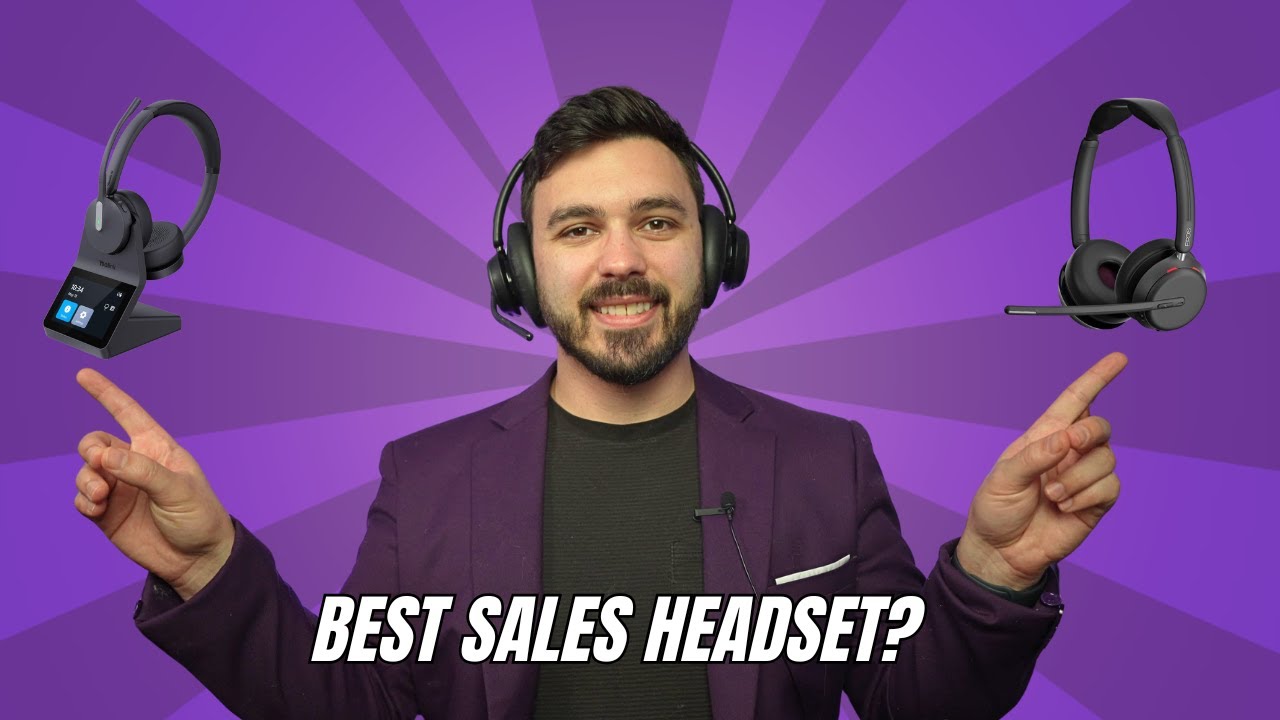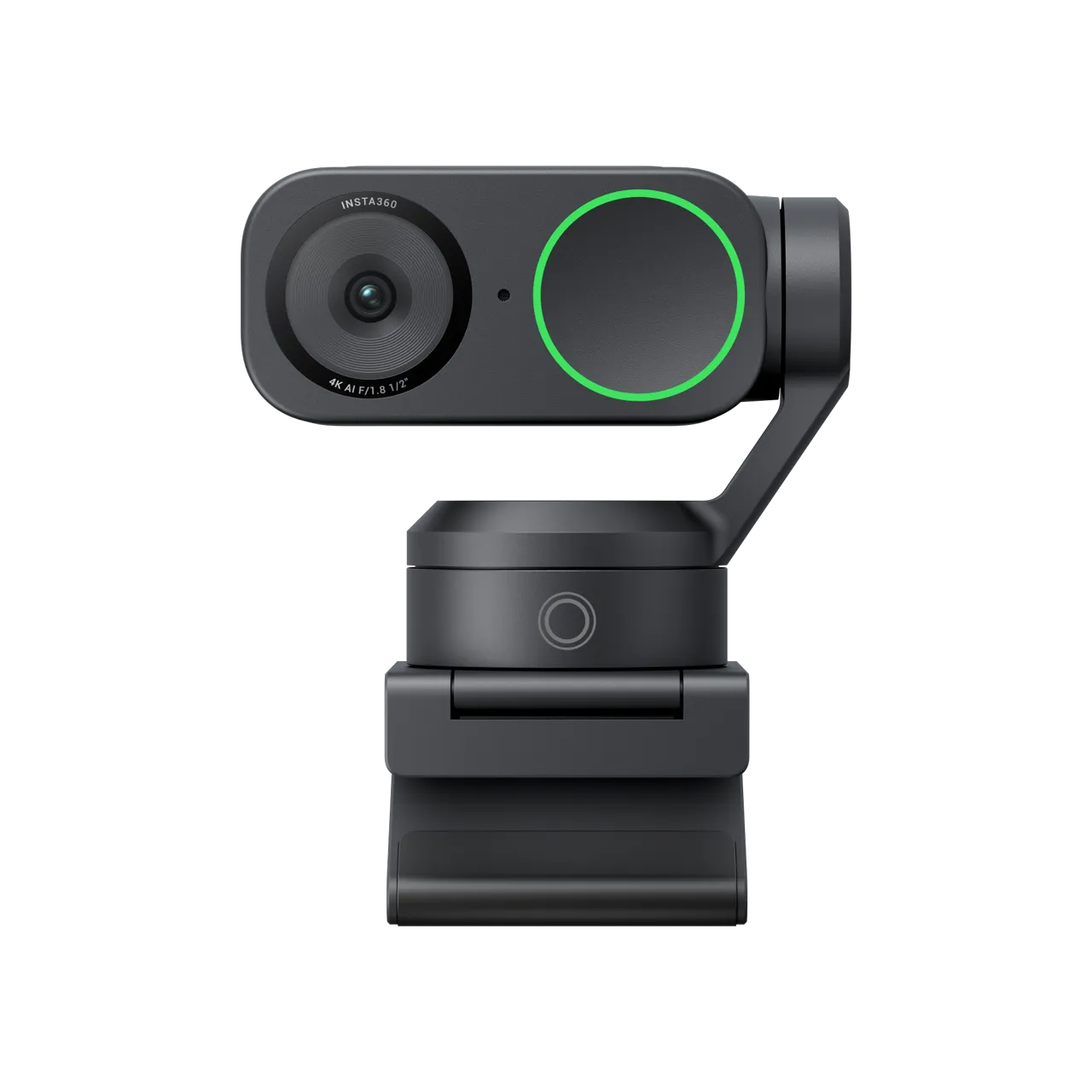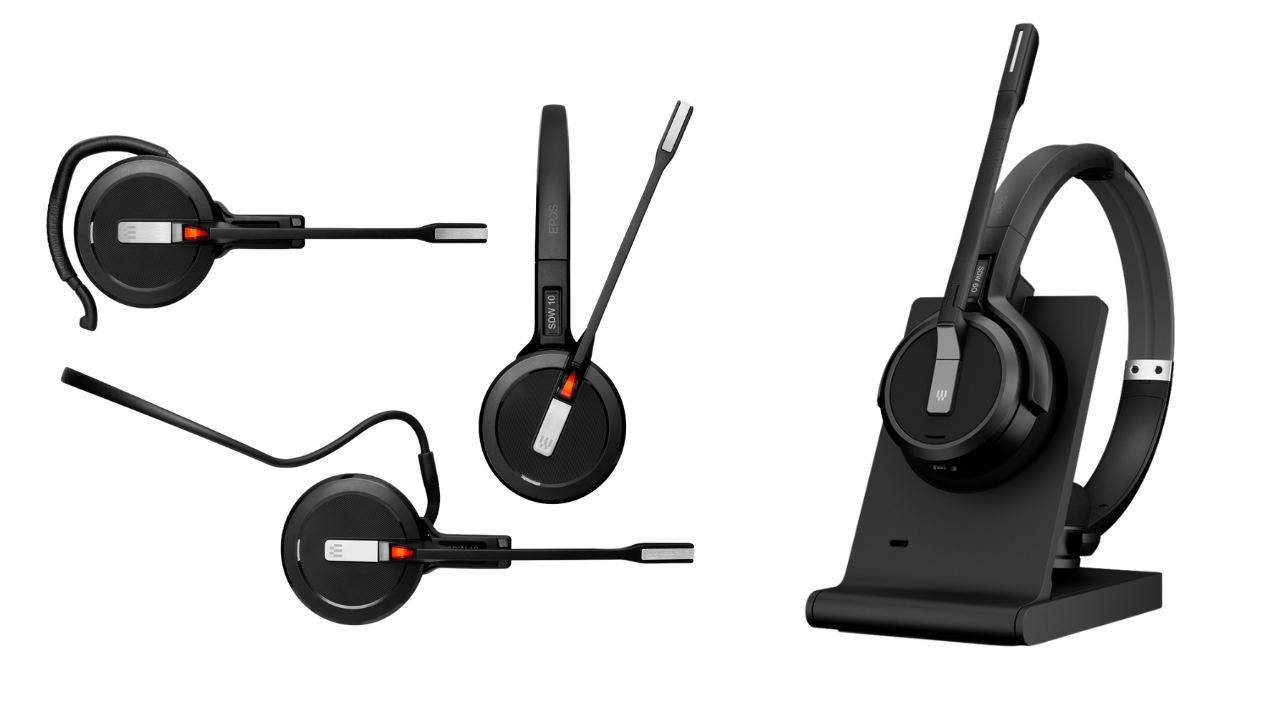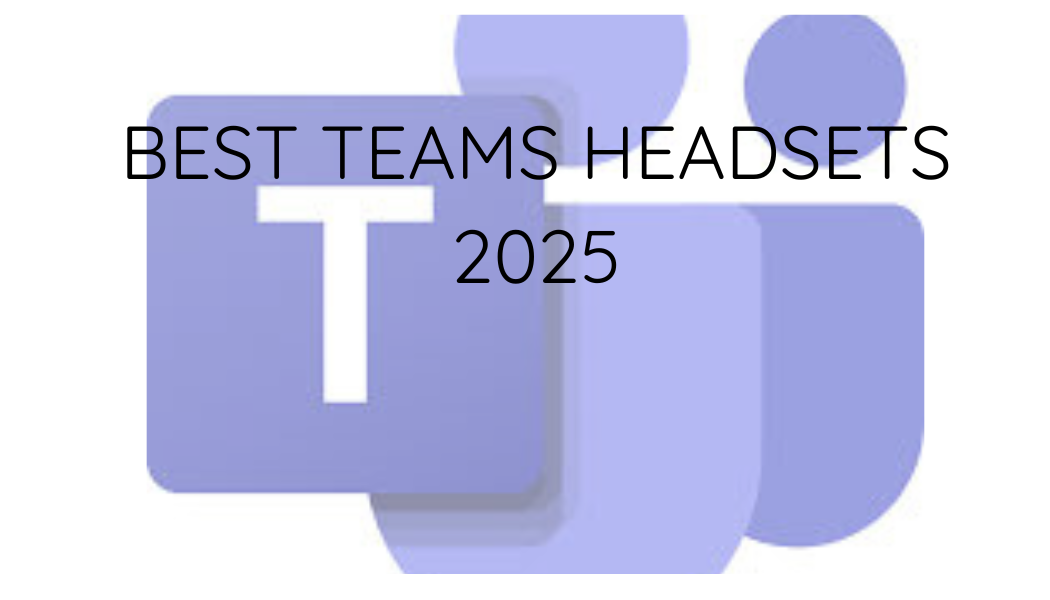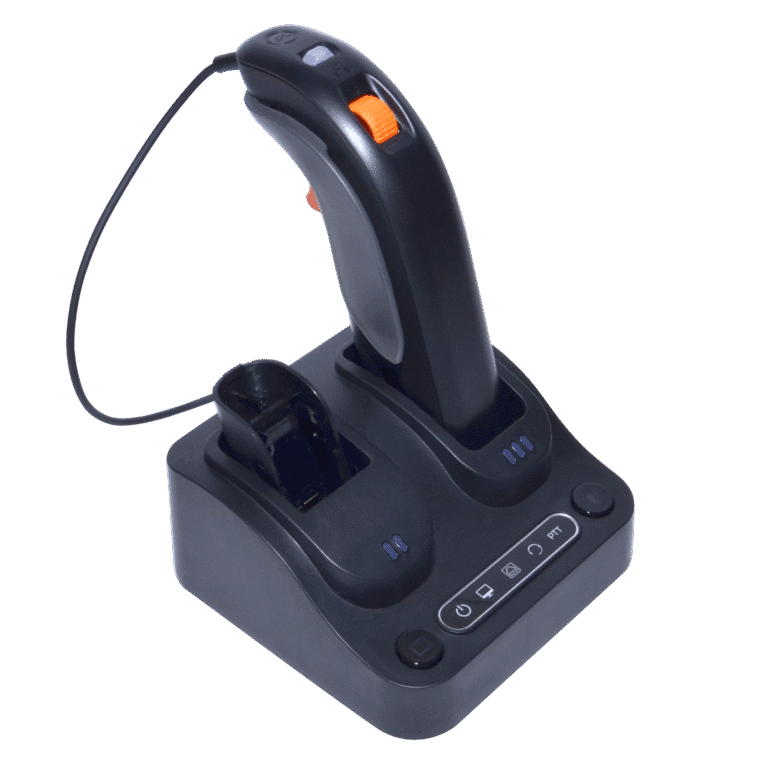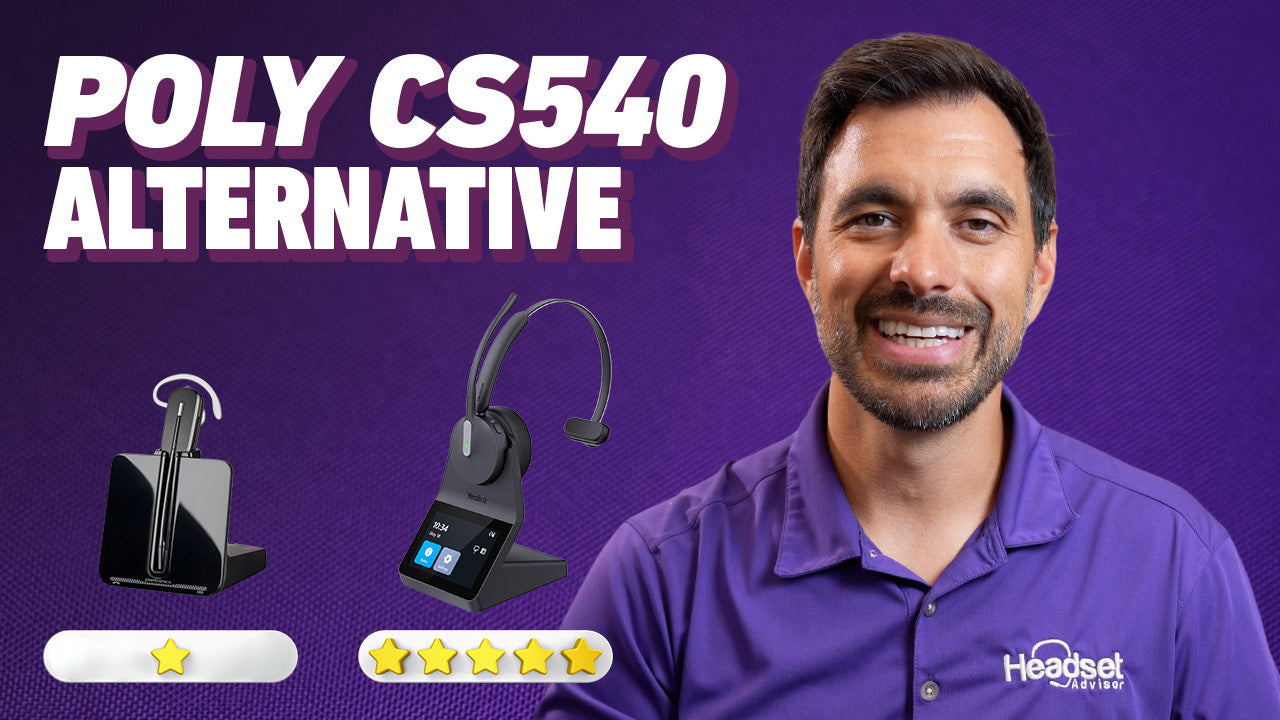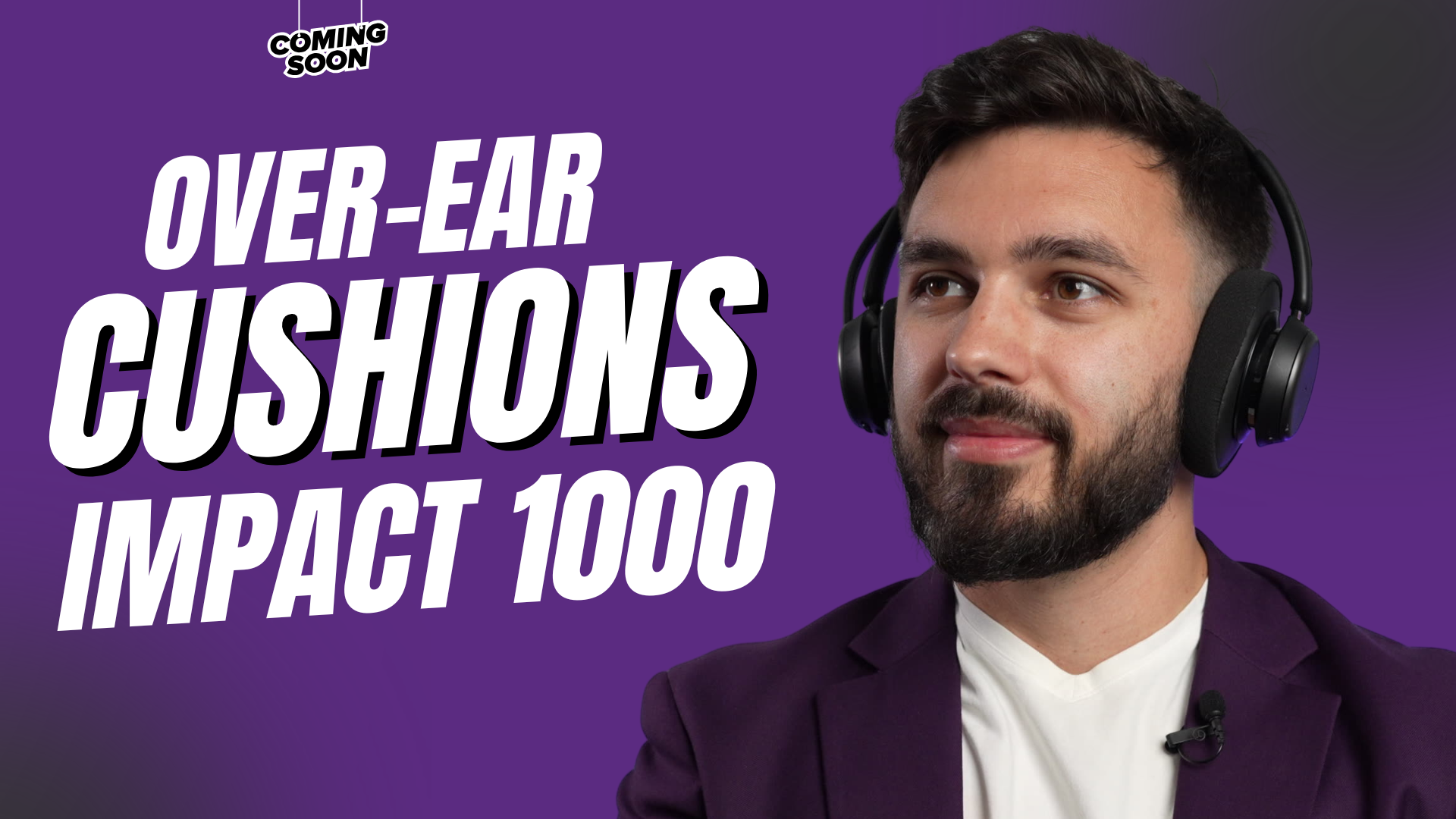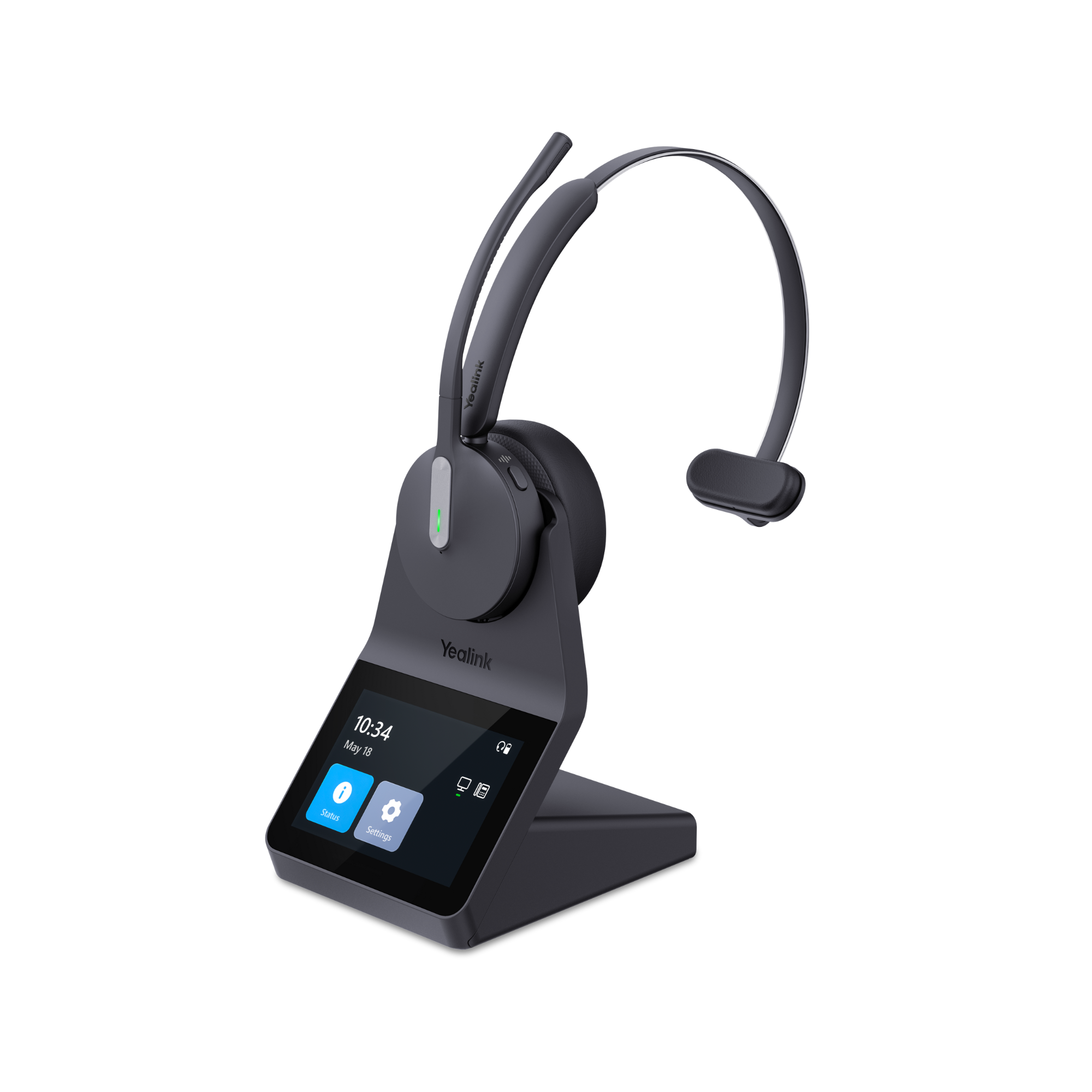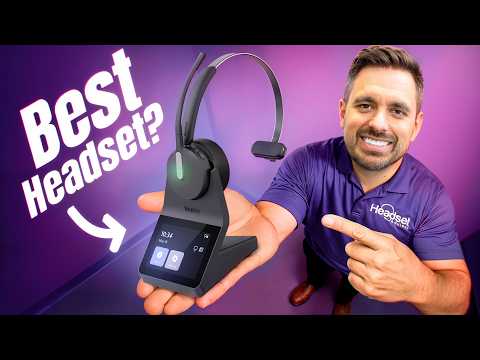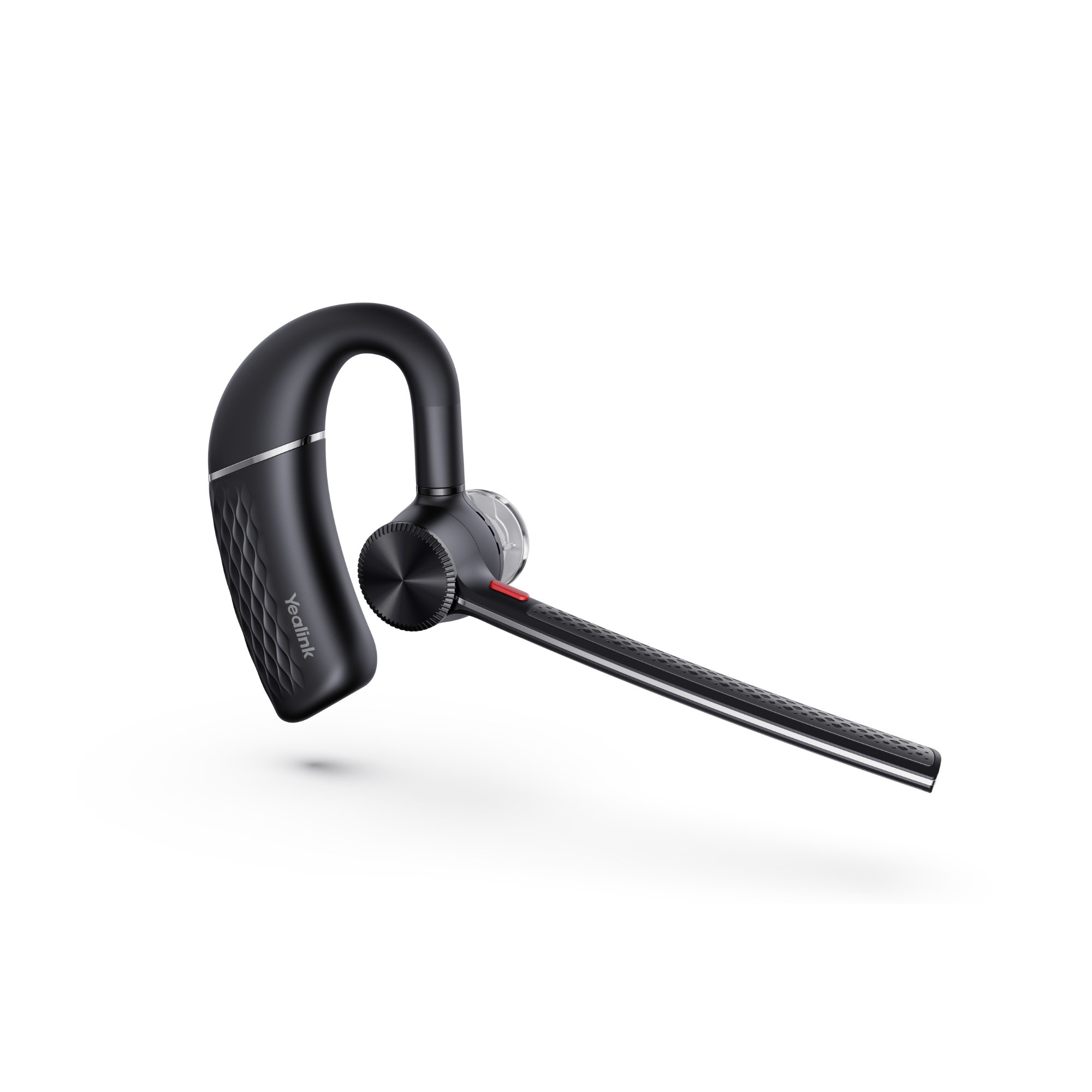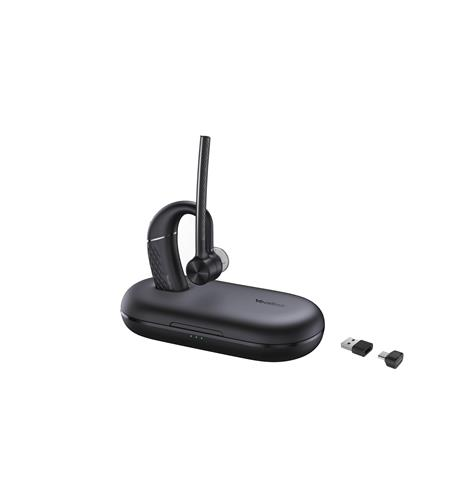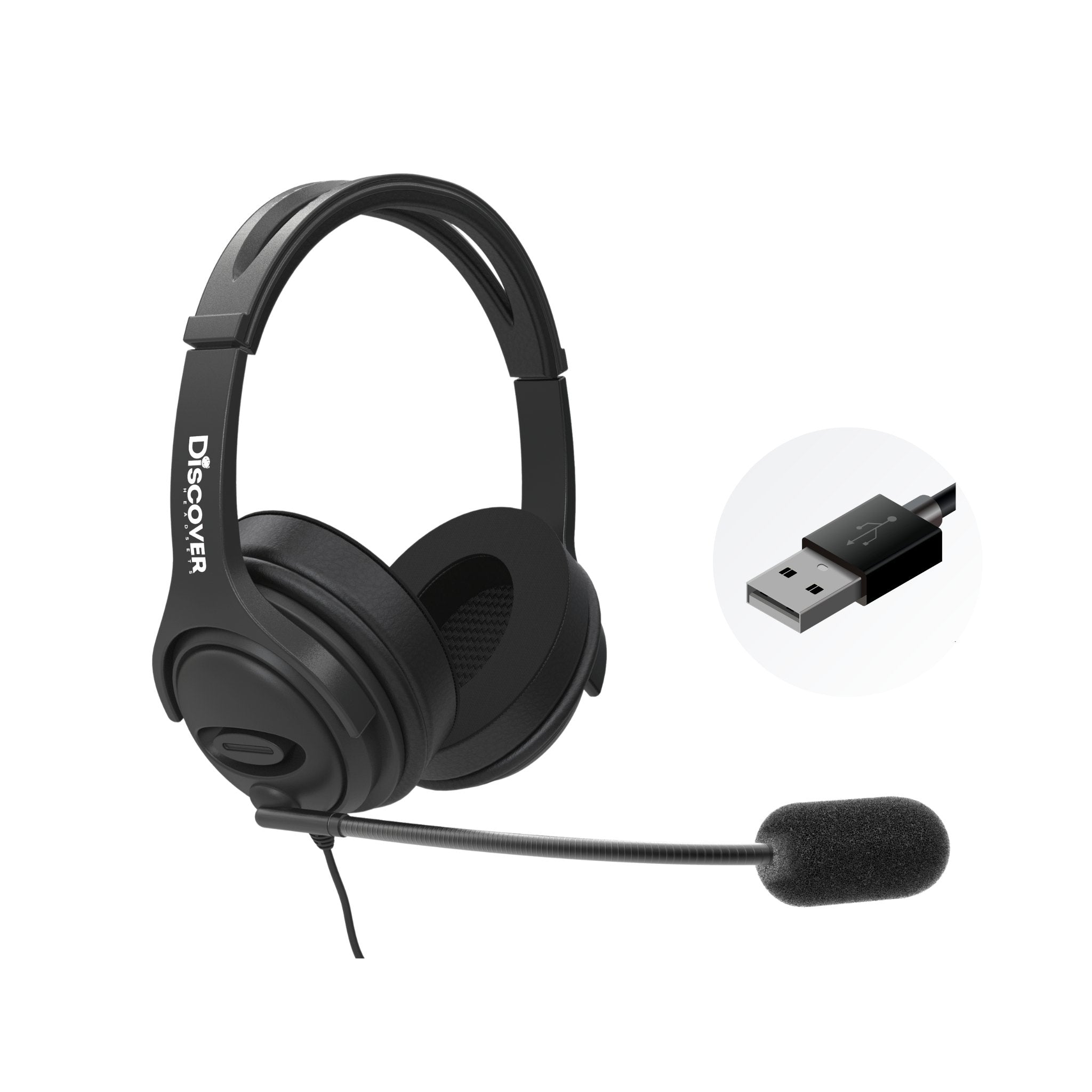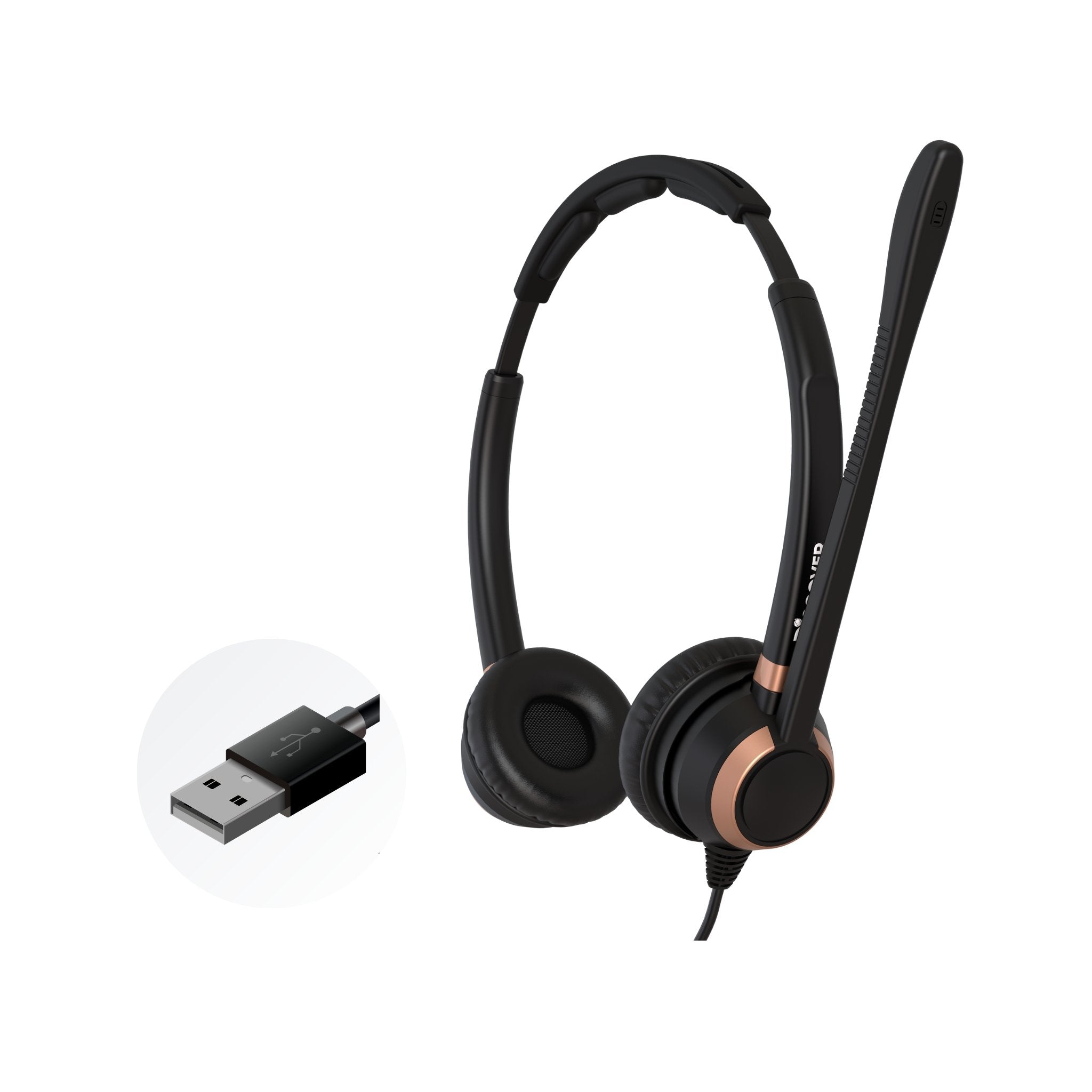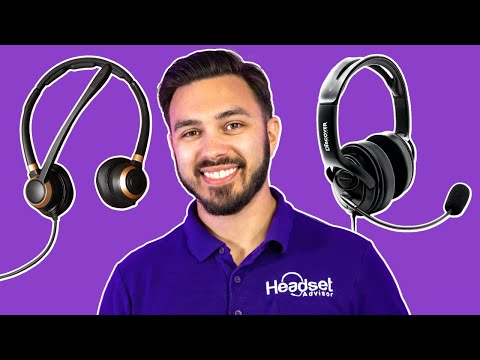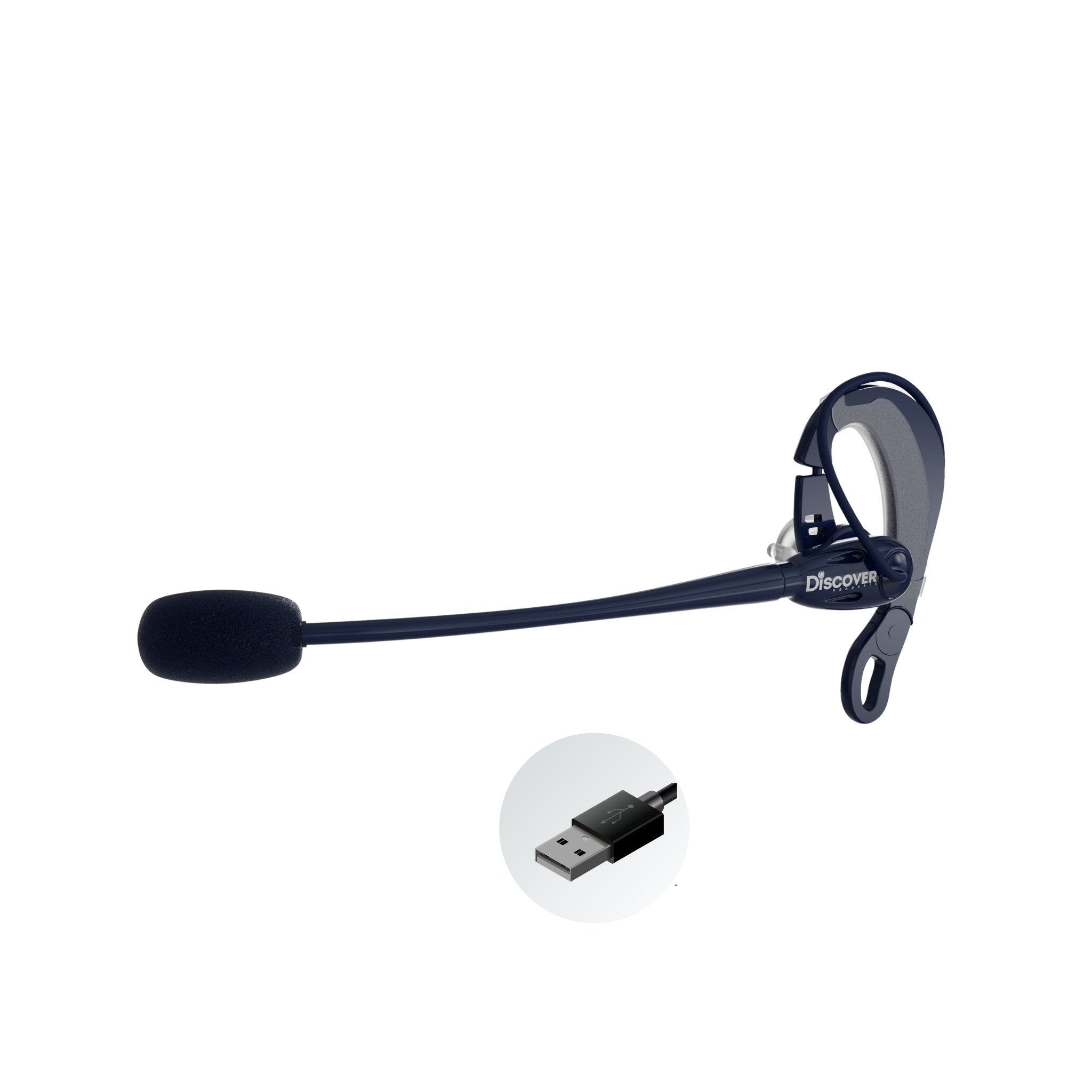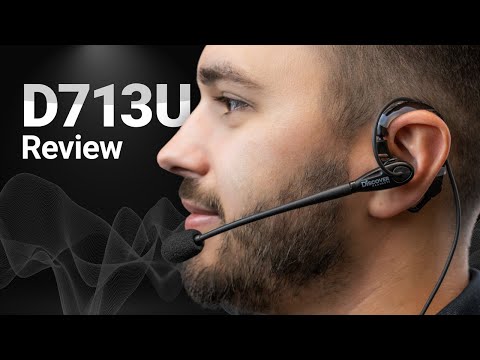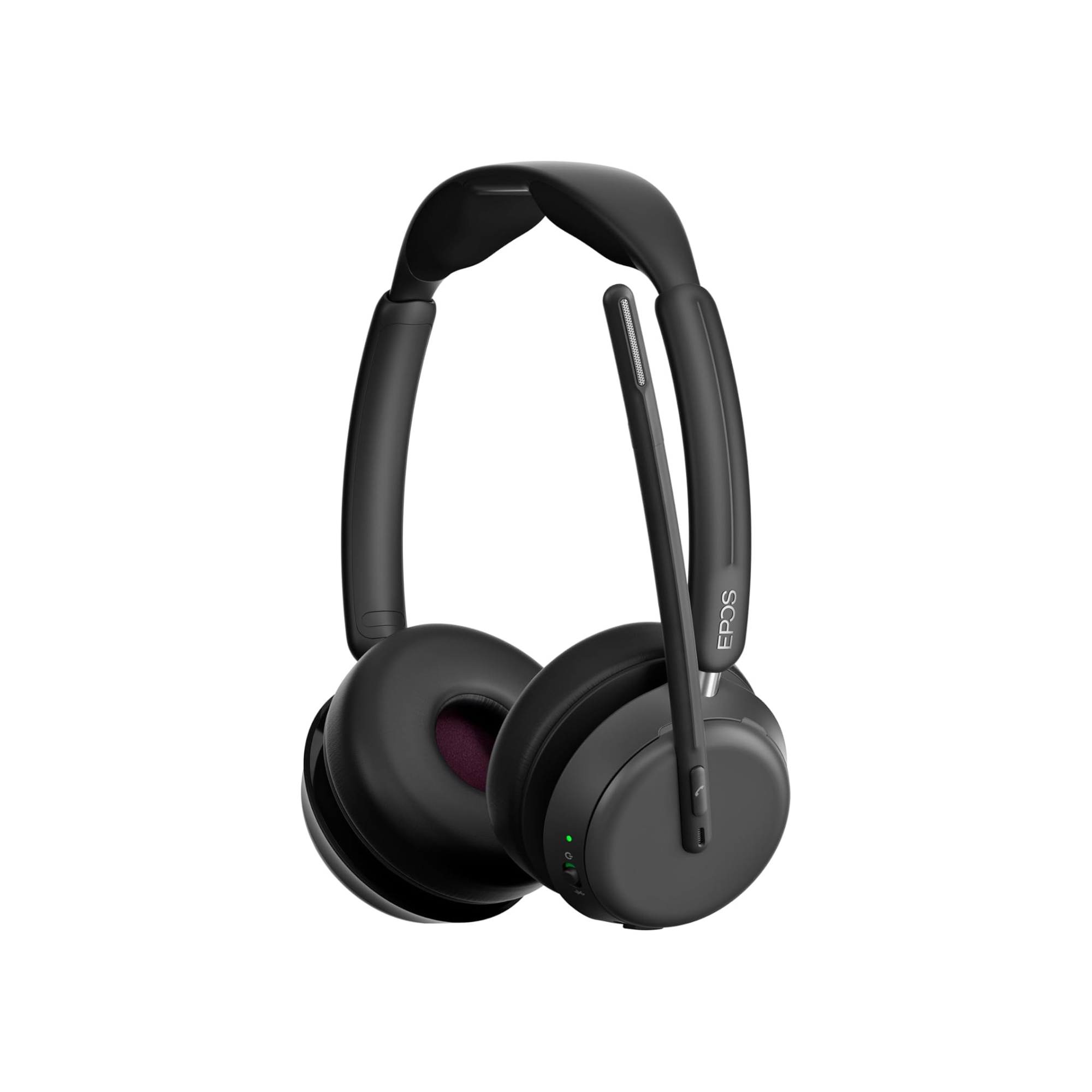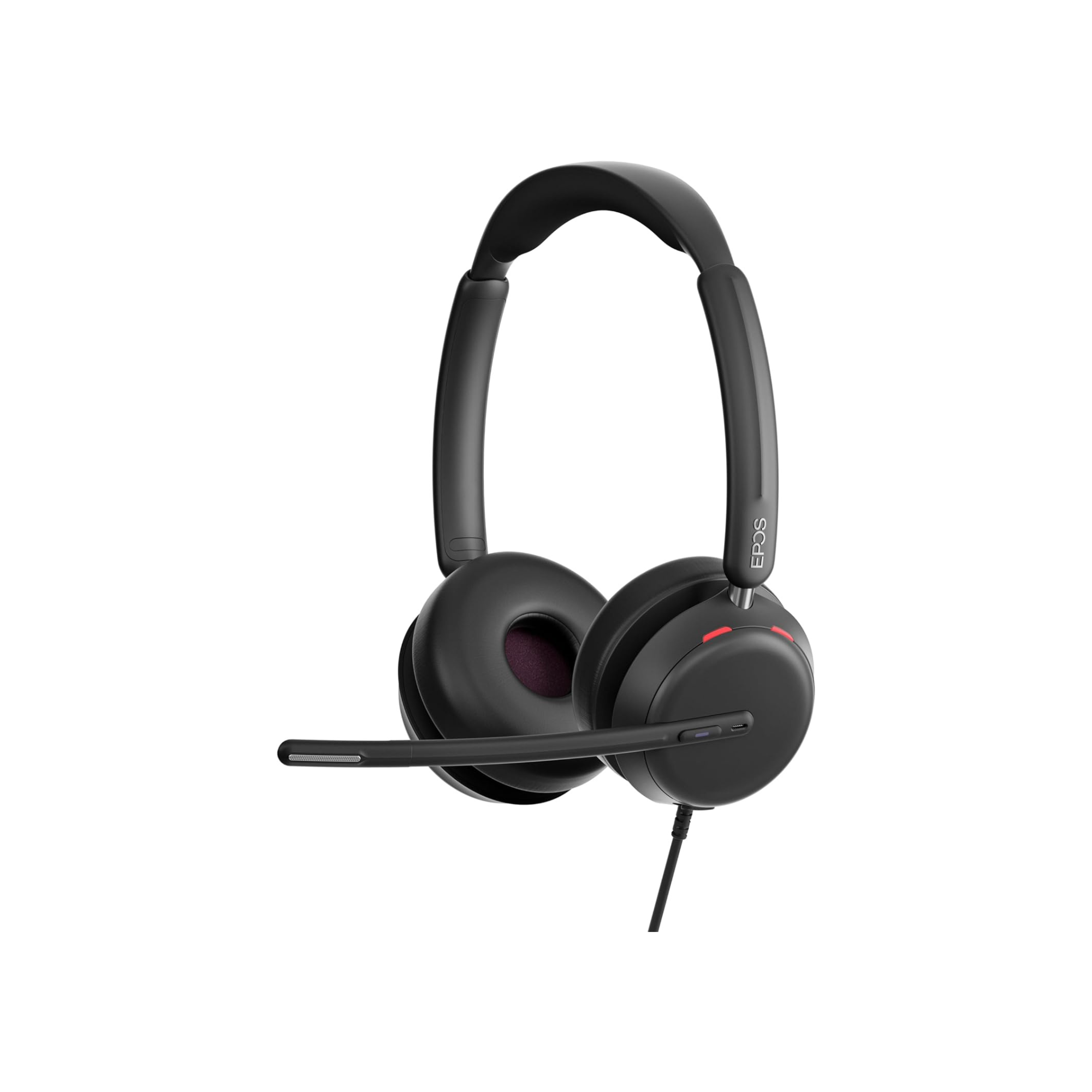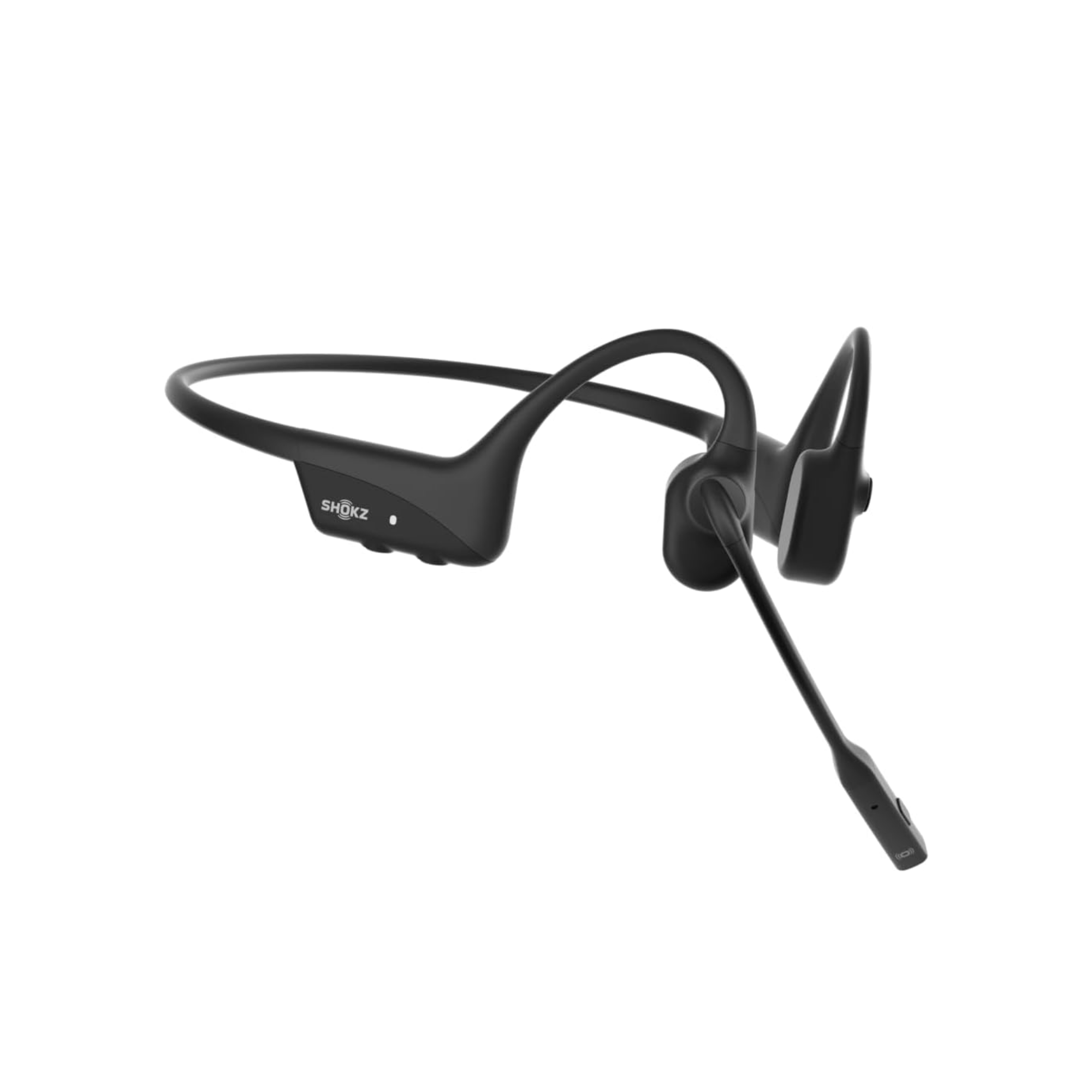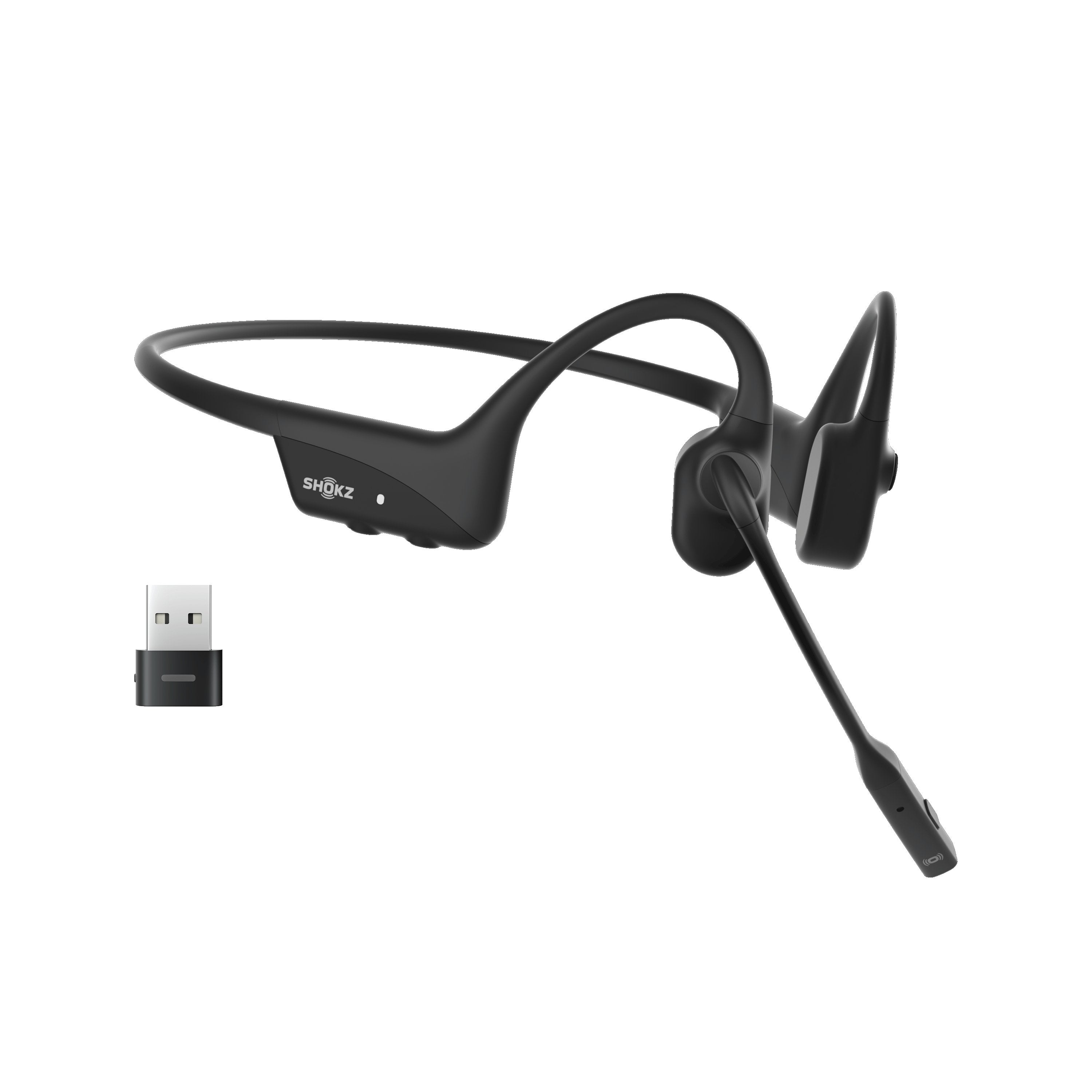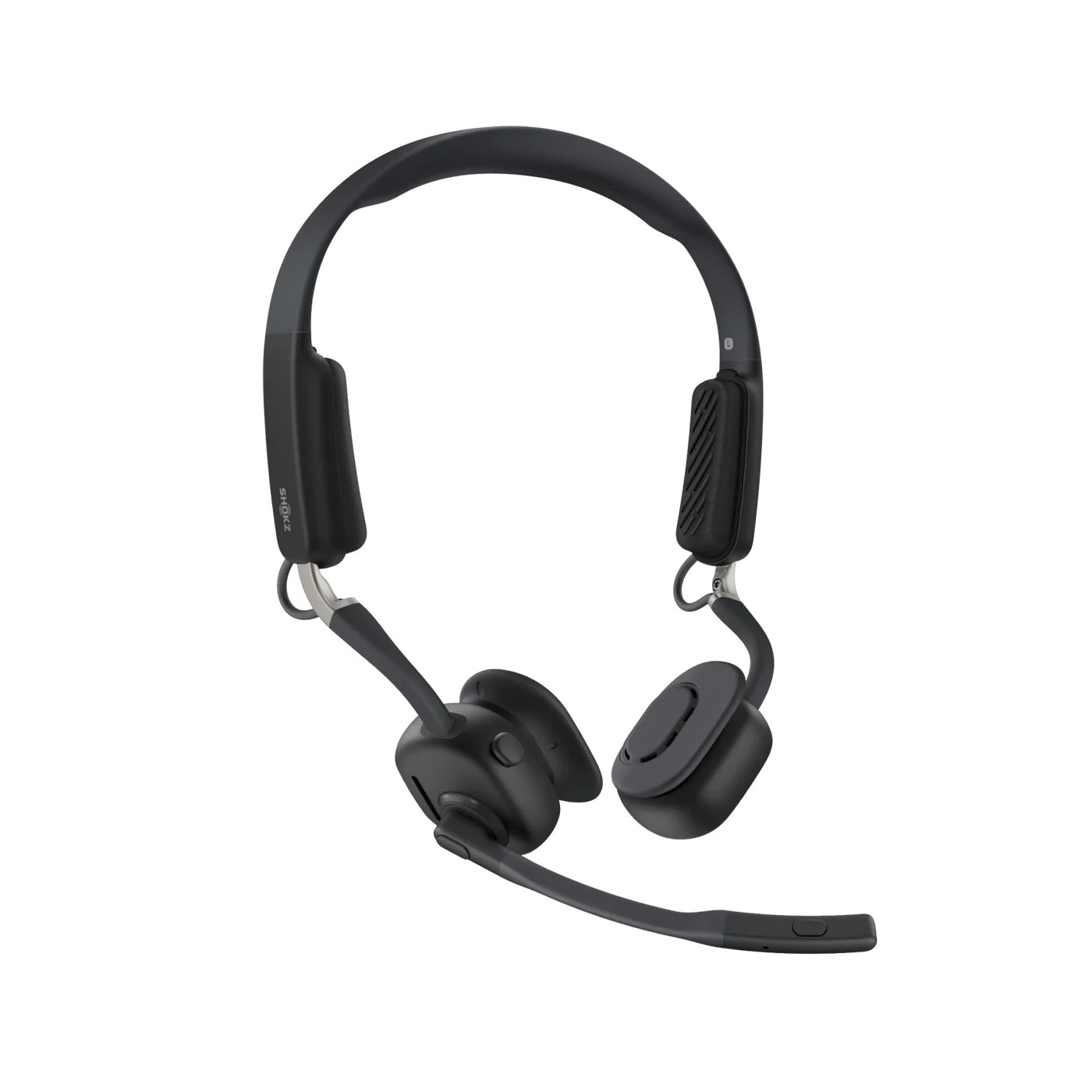In 2025, the modern workplace demands efficiency, comfort, and adaptability—especially for receptionists and front-office professionals in customer-facing roles like healthcare, legal, government, and other industries.
These workers are the backbone of their organizations, juggling phone calls, customer interactions, and administrative tasks. Yet, many still rely on outdated methods, like cradling a phone receiver between their shoulder and ear, to handle their daily calls. This approach is not just inefficient—it’s harmful to health and productivity.
A better approach is to use a headset, or even better, a wireless model. Headsets eliminate the productivity drain, and they help avoid health issues associated with cradling the phone receiver like shoulder, neck, back and arm issues. Using a headset rather than cradling a phone receiver not only provides you with a tool to help avoid health issues, but headsets pure and simple, make you more efficient at your job.
Watch Our Video
Check out our video on the reasons for Receptionists, and front office workers to ditch cradling the handset receiver, and instead, use a good wireless headset.
Here’s why every receptionist and front-office worker should make the switch to a headset in 2025.
The Problem with Phone Cradling

For decades, receptionists have resorted to cradling phone receivers to multitask—typing, writing, or greeting customers while on a call. While it might seem normal to do this, it’s a habit that comes with serious drawbacks:
-
Health Risks: Holding a phone between your shoulder and ear strains the neck, shoulders, and upper back. Over time, this can lead to chronic pain, muscle tension, and even nerve issues like numbness in the arms. Studies, like those from the American Chiropractic Association, link poor posture from phone cradling to conditions such as cervical spondylosis or trapezius muscle strain. In fast-paced roles like healthcare reception (handling walk ups and patient calls) or legal offices (coordinating with clients), this repetitive strain compounds daily, and before you know it, a health issue surfaces.
-
Reduced Productivity: Cradling a phone ties up one hand and limits mobility. Typing with one hand slows down data entry, scheduling, or note-taking which are critical tasks for front-office staff. It also makes it harder to assist walk-in clients or retrieve files, creating bottlenecks in workflow.
-
Outdated Workflow: In 2025, technology has advanced far beyond the need to cradle a receiver. Clinging to this old-school method signals a lag in workplace efficiency, especially when modern solutions are surprisingly affordable and easily accessible.
Using a wireless headset solves these problems, offering a healthier, more productive alternative that aligns with today’s technological standards, and needs to get more done.
The Benefits of Wireless Headsets

1. Hands-Free Freedom for Multitasking
Wireless headsets free both hands, allowing receptionists to type, write, or handle documents while on calls. This is a game-changer in industries like:
-
Healthcare: Receptionists can schedule appointments, input patient data into EHR systems, or check insurance details without pausing a conversation. For example, a medical office worker can type a patient’s symptoms into a system while discussing availability, cutting down on errors and delays. At the same time, giving the client better service and attention.
-
Legal: Front-office staff can pull client files or draft emails while coordinating with attorneys or clients on the phone, streamlining case management.
-
Government: Workers in public offices can manage databases or assist walk-in visitors while handling inquiries, improving the delivery of services, and helping to create a favorable impression.
With a wireless headset, tasks that once required awkward juggling become seamless, boosting efficiency and reducing stress.
2. Freedom to Step Away from the Desk
 Unlike wired headsets or traditional phones, wireless models offer freedom of movement, often with ranges up to 300-600 feet (depending on the model, like the Yealink long range HA64 Pro with DECT technology). This is a major advantage for front-office workers who need to:
Unlike wired headsets or traditional phones, wireless models offer freedom of movement, often with ranges up to 300-600 feet (depending on the model, like the Yealink long range HA64 Pro with DECT technology). This is a major advantage for front-office workers who need to:
-
Retrieve Files: A legal receptionist can walk to a filing cabinet to grab a case file while continuing a client call.
-
Collaborate: In a government office, staff can step over to a colleague’s desk to clarify a policy question without dropping the call, or placing them on long hold.
-
Assist Customers: Healthcare front desks often require staff to check in patients or grab patient or insurance paperwork from another area. A wireless headset keeps them connected without missing a beat.
- Grab a coffee. You know how it goes, the moment you step away from your desk, the phone rings. You sprint back to the desk to avoid missing the call. Wireless headsets free you up to confidently step away from the desk to grab a coffee. If a call comes in, you hear a quiet beep tone in the headset, alerting you of an incoming call. Once alerted, you simply press a button on the headset to take the call.
This mobility ensures receptionists stay responsive, even when their role pulls them away from the desk. It’s especially valuable in busy environments where minutes matter.
3. Healthier Workdays, Happier Staff

Cradling a phone receiver is a recipe for short-term discomfort and long-term health issues. Wireless headsets eliminate this by:
-
Reducing Neck and Shoulder Strain: By keeping your head upright and hands free, headsets promote better posture. This reduces the risk of chronic pain, muscle spasms, or numbness in the arms—common complaints among receptionists who cradle phones for hours.

-
Preventing Repetitive Strain Injuries: According to ergonomic studies, repetitive awkward postures (like phone cradling) contribute to musculoskeletal disorders. A headset allows natural movement, cutting this risk significantly.
-
Improving Comfort: Lightweight wireless headsets, like those with cushioned earpads and adjustable bands, are designed for all-day wear. This is critical for front-office workers in high-call-volume settings like medical or government offices.
- Cradling Handsets & Mini-Strokes: Cradling a phone receiver between your ear and shoulder for extended periods of time can potentially lead to a transient ischemic attack (TIA), also known as a mini-stroke according to this BBC News article. This is because the pressure on the neck can temporarily restrict blood flow to the brain, causing stroke-like symptoms. While the symptoms of a TIA are usually temporary and resolve on their own, it's crucial to seek medical attention as it can be a warning sign of a future stroke. Needless to say, cradling a phone receiver is a bad habit.
By prioritizing physical well-being, headsets help staff feel better, reducing fatigue and improving overall job satisfaction. Headsets also reduce the chances of sick day call-ins due to physical pain, and eliminates worker compensation claims that are associated with this behavior.
4. Enhanced Productivity and Professionalism

Wireless headsets don’t just make work easier—they make it smarter. Here’s how:
-
Faster Task Completion: With hands free and mobility, tasks like data entry, scheduling, or file retrieval happen simultaneously with calls. This cuts down on wait times for customers and keeps workflows smooth. Customer needs are handled faster, which makes them happier and more satisfied which can lead to them being longer term clients.
-
Clearer Communication: Many wireless headsets, such as those certified for Microsoft Teams or Zoom (common in 2025 offices), feature noise-canceling microphones. This ensures crystal-clear audio, even in noisy environments like a busy healthcare waiting room or government service counter. A professional sounding headset gets your message heard, and prevents callers from being distracted by background noise.
-
Professional Image: A headset signals a modern, tech-savvy office. Customers perceive staff as organized and efficient, enhancing trust in industries like legal or healthcare and Government where professionalism is key. Impressions matter!
5. Tailored for 2025’s Technological Landscape

In 2025, technology has made wireless headsets a must-have, not a luxury. Here’s why they make sense for today’s office environment.
-
Seamless Integration: Modern headsets connect effortlessly to VoIP systems, softphones, and UC platforms like Microsoft Teams, Zoom, or Cisco Webex, which are standard across healthcare, legal, and government. Bluetooth and DECT technology ensure reliable connections across multiple devices commonly used in offices.
-
Advanced Features: Models like the Yealink HA64 Pro offer touchscreens, multi-device pairing, and long battery life (up to 32 hours), perfect for all-day use, and into the next. Noise cancellation microphones block background noise which is perfect for busy front desks where noise can be a problem.
-
No Excuse for Outdated Tools: Cradling a phone in 2025 is like using a typewriter instead of a laptop—it’s inefficient and unnecessary. Headsets are now considered to be a standard, expected device for optimizing workflows and staying competitive and healthy. Prices are affordable too, so the "they're too expensive" narrative no longer applies with many affordable models to choose from, and a monthly headset lease program avoids the need for an upfront investment.
6. Affordable and Accessible
Gone are the days when headsets were a costly investment. In 2025, options are budget-friendly and flexible:
-
Wide Price Range: Wireless headsets vary in price and functionality, so it’s important to understand your needs so you can get a matching, compatible headset. Wireless headsets range in price between $150.00 and $350.00, with many around $200 or less. Many come with a professional sounding microphone, multi-device connectivity, long talk time, noise canceling microphone, and long wireless range. All of these features will be useful to anyone who uses the phone throughout the day.
-
Monthly Plan: Headset Advisor offers a unique monthly headset lease plan that makes high-quality headsets accessible, and affordable, without the upfront costs. This is ideal for healthcare practices, legal firms, or government offices looking to equip a team, and have budget limitations.
-
Cost Savings: By reducing health issues (like doctor visits for neck pain for example) and boosting productivity, headsets pay for themselves over time. Providing employees with headsets also helps to make them feel more comfortable while working, and even appreciated.
Addressing Industry-Specific Needs

-
Healthcare: Receptionists handle sensitive patient calls, requiring clear audio and multitasking. Wireless headsets let them update records or check schedules while talking, all while maintaining HIPAA-compliant privacy through secure connections.
-
Legal: Client confidentiality and quick response times are critical. A headset’s mobility allows staff to grab files or consult attorneys without putting callers on hold, maintaining professionalism. A quick microphone mute with the client on a call, lets you ask a quick question, or pass on some information even when away from the desk which helps to make you more productive.
-
Government: High call volumes and public interactions demand efficiency. Headsets free staff to assist in-person visitors while managing calls, reducing wait times in busy offices. Remote call answering and wireless freedom allows you to take calls throughout your office which enhances productivity, and minimizes missed calls and the need to return phone calls.
Overcoming Common Objections
Some offices hesitate to adopt headsets, citing concerns like cost or learning curves. Here’s why these concerns don’t hold up any longer:
-
Cost: With monthly plans and affordable models, headsets fit any budget. The productivity gains and health benefits far outweigh the initial investment.
-
Ease of Use: Modern headsets are plug-and-play, with intuitive controls and compatibility with existing systems. Training takes minutes, and the Headset Advisor Team is available to help get you set up and running, as well as available to answer questions. We make acquiring, setting up and using headsets simple and easy.
-
Durability: Quality headsets are built for daily use, with excellent warranties and professional support from Headset Advisor, your trusted headset source for over 30 years. Whether using in a Contact Center, or front office operation, today's headsets are designed to meet the challenges of every day use.
Why Wireless Over Wired?

While wired headsets offer some benefits, wireless models shine for front-office roles:
-
Mobility: Wired headsets tether you to the desk, limiting movement. Wireless models give you 150 - 400 feet of range, perfect for stepping away to grab files or assist colleagues, even grabbing that cup of coffee while still being able to answer calls!
-
Comfort: No cords to get tangled or restrict movement, reducing frustration in busy office environments.
- Greater productivity. The simple truth is when using a wireless headset, you simply get more done.
-
Modern Appeal: Wireless headsets align with 2025’s tech-driven workplaces, projecting a contemporary, professional image.
Choosing the Right Headset
Not all headsets are created equal. Believe me, they can vary a lot in terms of comfort, sound quality, reliability and costs. So that underscores the importance of making sure you select the right, compatible model for use in your office.
Here are some basic headset features that will benefit front office staff and receptionists:
- Noise-Canceling Mics: Essential for clear calls in noisy offices.
- Long Battery Life: 12-20 hours to last a full shift. Don't want mid-day dead battery.
- Professional Sounding Microphone: Sound your best, and project a positive image
- Comfort: Lightweight design with cushioned headbands and earpads. Adjustable.
- Compatibility: Works with your phone system or UC platform (e.g., Teams, Zoom).
- Range: 100+ feet for mobility around the front office. More is better!
Take The Next Step With Headset Advisor
In 2025, there’s no reason to cradle a phone receiver
- It’s bad for your health as I've shown
- It slows you down when you can easily speed up
- And it can give others the impression you're not forward thinking and even behind the times.
Wireless headsets are the smart, affordable solution for receptionists and front-office workers in healthcare, legal, government, and other industries. They free your hands, provide you with wireless mobility, improve your health, and enhance productivity, all while projecting a better, more professional image. Best of all, they're very affordble. And for those buying for Government or Businesses, you have the option to avoid the upfront costs by taking advantage of our unique headset lease program. For one low, budget friendly rate, you can outfit your team with headsets for a fraction of the cost of buying them.
Click here to learn more.
We’re Here To Help
If you’re ready to find the perfect wireless headset for your office, then contact Headset Advisor today! Our friendly, knowledgeable Advisor will provide tailored recommendations to match your needs and budget, whether you’re equipping one receptionist or an entire office. Contact us today and discover how easy it is to become more efficient, and deliver better service to your customers in 2025.

